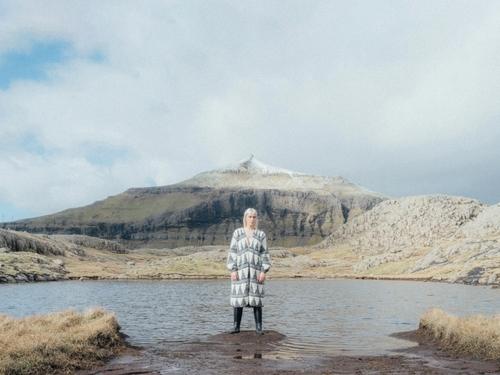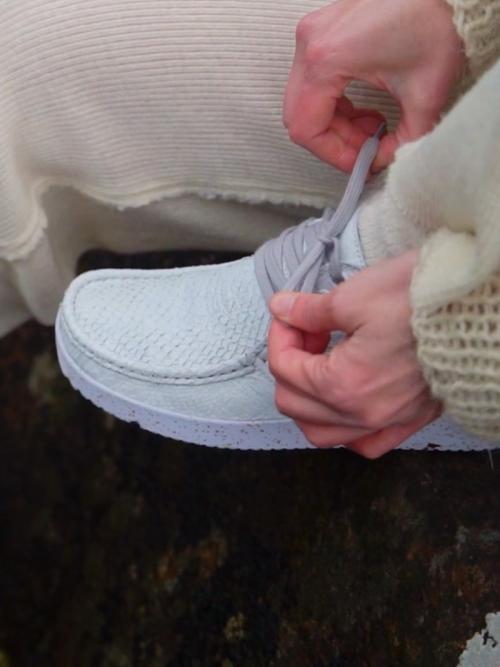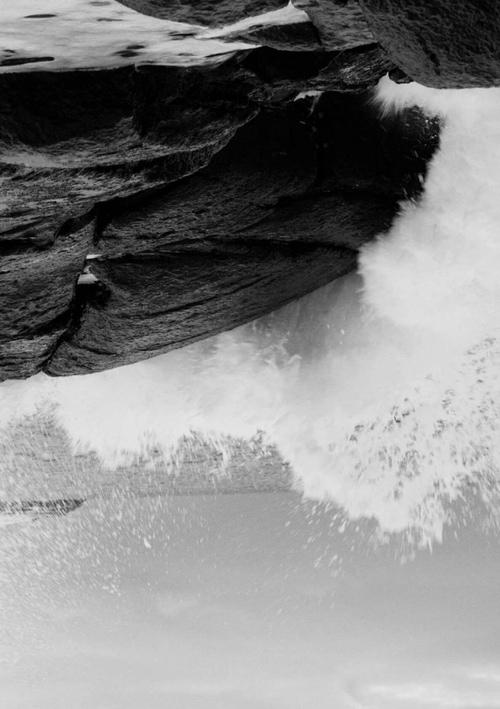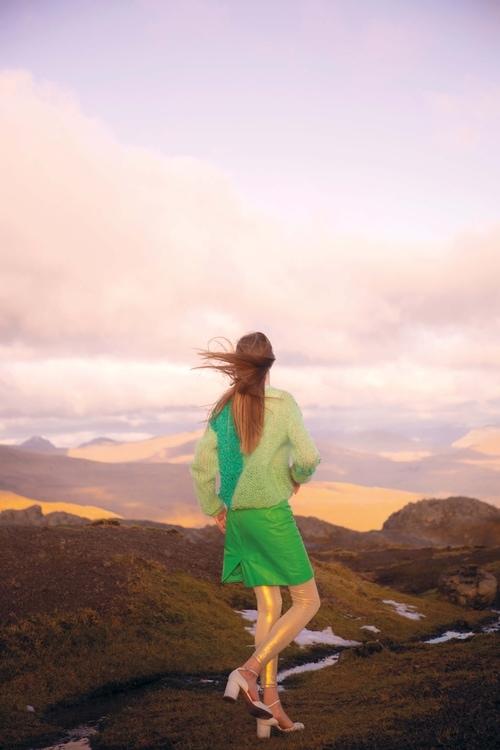what we call slow-clothing
August 25, 2017
Last week’s blog post told about the importance of wool and knitting in the Faroe Islands. Wool was the main source for clothing on the islands and the production was made by both men and women around the hearth in the Roykstova - accompanied by tales of strong men, trolls and mystical creatures that lived in the misty mountains.
Late nineteenth century Industrial revolution also came to the Faroes. With it came a shift in the structure of society and the first smacks came to the islands. Instead of seeking work on farms, the Faroese men now sailed long distances to fish. They were gone months on end.
They sailed far up north, north of Iceland and all the way to Greenland. They voyage was long and cold and not without danger.
With the men leaving early spring and returning back to the islands in late autumn, the women were left to take care of everything at home.
(some argue this is the reason you shouldn’t pick a fight with a Faroese woman - they’re fierce and strongly independent)
When autumn came, the glances towards the sea became more frequent. When a vague silhouette of a smack was to be seen on the horizon, it would take ages before the smack was close enough to see the faces of the men who survived the long and harsh journey. It would take ages before you could see if your husband, brother or father was on board.
It so happened that they could see the knitted pattern on the men’s jumpers from a long distance and by that see if their pattern and loved one was standing on the deck.
//
These stories are the legacy that goes into our Guðrun and Guðrun knits. The dream of the past where we all had plenty of time, where nature was not polluted and where natural materials were a matter of course is the essence of the feeling when wearing the clothes. The romantic idea of a simpler time. Starting point for us is to make use of the natural resources - organic and natural raw material. For us it is important to make conscious decisions, to be able to look our knitting ladies in the eye and to take care of each other.
The spare time that we don’t have ourselves is acquired by the hours spent by the knitting ladies. The conscience about nature is comforted by the knowledge that the production is sustainable, and good old natural materials assure the quality.
The collections are all hand-knitted, meaning that the women in the Faroe islands, Jordan and Peru have spent hours in their houses on every single piece; literally knitting time into every piece of clothing. Comfort, conscience, slowness and oceans of time are knitted into the clothes.
We call it slow clothing.













